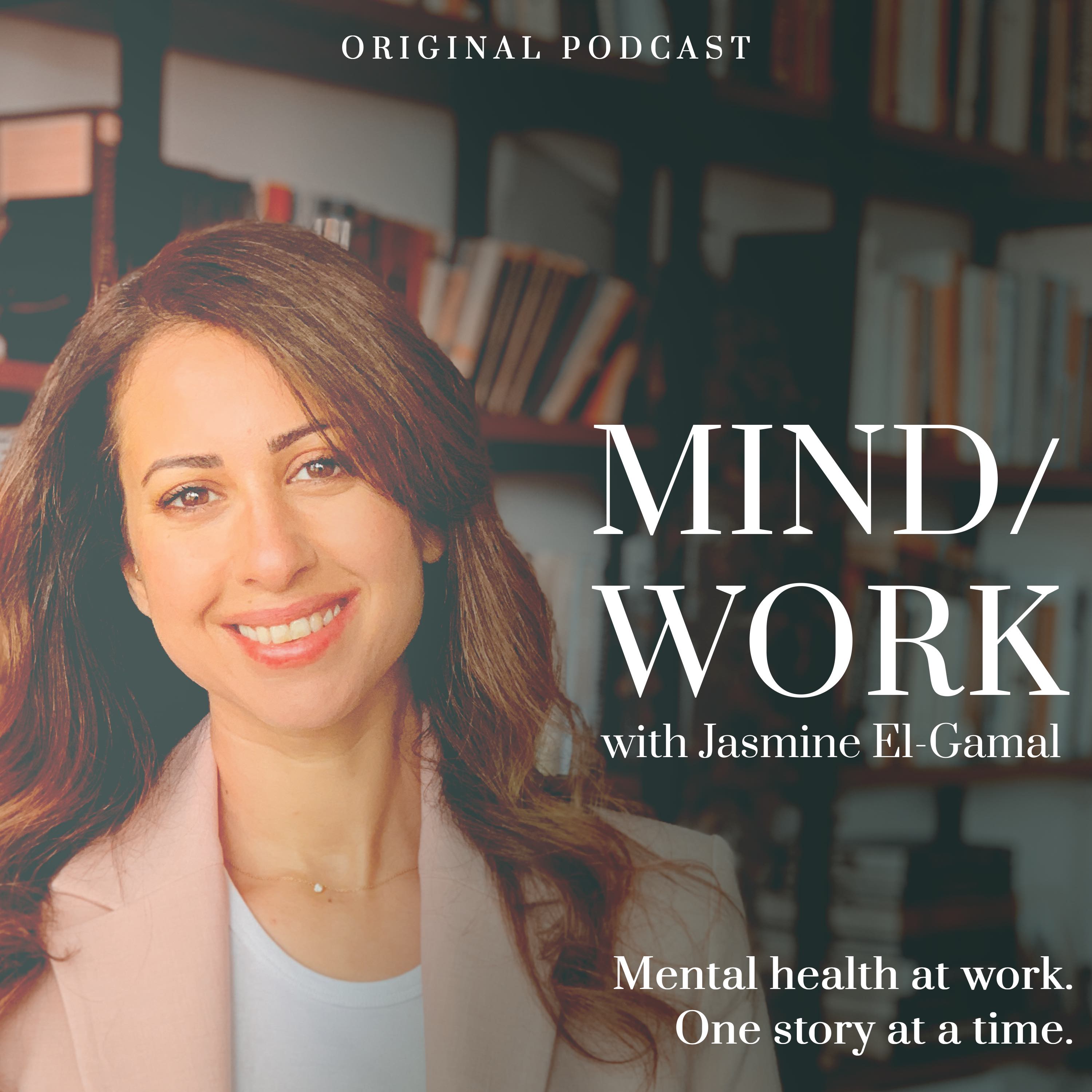- After-Shows
- Alternative
- Animals
- Animation
- Arts
- Astronomy
- Automotive
- Aviation
- Baseball
- Basketball
- Beauty
- Books
- Buddhism
- Business
- Careers
- Chemistry
- Christianity
- Climate
- Comedy
- Commentary
- Courses
- Crafts
- Cricket
- Cryptocurrency
- Culture
- Daily
- Design
- Documentary
- Drama
- Earth
- Education
- Entertainment
- Entrepreneurship
- Family
- Fantasy
- Fashion
- Fiction
- Film
- Fitness
- Food
- Football
- Games
- Garden
- Golf
- Government
- Health
- Hinduism
- History
- Hobbies
- Hockey
- Home
- How-To
- Improv
- Interviews
- Investing
- Islam
- Journals
- Judaism
- Kids
- Language
- Learning
- Leisure
- Life
- Management
- Manga
- Marketing
- Mathematics
- Medicine
- Mental
- Music
- Natural
- Nature
- News
- Non-Profit
- Nutrition
- Parenting
- Performing
- Personal
- Pets
- Philosophy
- Physics
- Places
- Politics
- Relationships
- Religion
- Reviews
- Role-Playing
- Rugby
- Running
- Science
- Self-Improvement
- Sexuality
- Soccer
- Social
- Society
- Spirituality
- Sports
- Stand-Up
- Stories
- Swimming
- TV
- Tabletop
- Technology
- Tennis
- Travel
- True Crime
- Episode-Games
- Visual
- Volleyball
- Weather
- Wilderness
- Wrestling
- Other
Asser Khattab on mental health in journalism, how to process overwhelming events, and the importance of prioritising your health.
Some people see work as a job, a means to a paycheck they need to live their lives outside the office. Others see work as a career, climbing the ladder one job at a time. But what happens when your job is not only work, but a mission, a passion or, in the case of my guest today, your life? In 2011, the Arab Spring reached Syria. Syrians of all ages took to streets and town squares to peacefully protest against the government’s corruption and economic policies, and to demand democratic reforms. Rather than listen, President Bashar Al Assad and his regime responded with brutal force. The ensuing war ravaged the country and displaced millions. Hundreds of thousands more were brutally murdered or imprisoned in Assad’s dungeons, their fate unknown to this day. My guest today, Asser Khattab, grew up in Syria, where he studied journalism. Little did he know he would end up reporting on his own country in the throes of the most brutal war in recent history or that he would be forced to flee Syria to neighbouring Lebanon, where he worked for some of the top international newspapers in the world, only to have to flee once again to Paris, where he received asylum and lives today. I spoke with Asser about his incredible journey, how his identity impacted his work, whether he thinks news organisations do enough to protect the mental health of their employees and why, ultimately, he decided to leave the journalism field altogether and choose a job that allows him to prioritize his mental and physical health. Bio: Asser Khattab is a former journalist from Syria who reported for various international media outlets, including the Washington Post and the Financial Times, on Syria, Lebanon and Iraq. A year after he moved from Beirut to Paris, Khattab chose to stop his journalism career, citing structural issues that the industry fails to tackle. He nonetheless continues to write essays for publications like New Lines while working as a media and communications associate at the Clooney Foundation for Justice.

